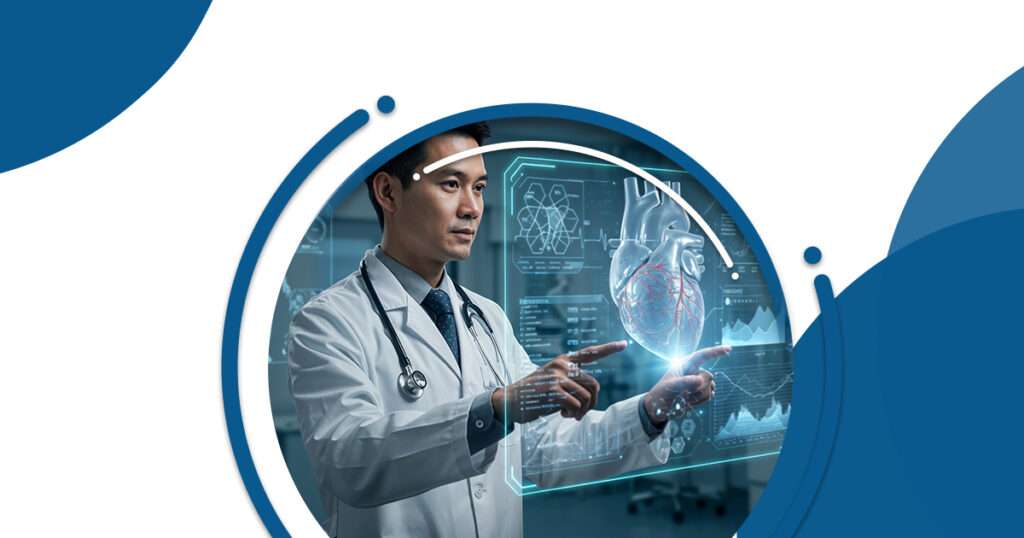How to Register a Medical Device in Egypt: Regulatory Pathways with the EDA
Egypt is fast emerging as a strategic healthcare hub in the MENA region, with a growing market for medical devices. For manufacturers looking to access this market, understanding the regulatory framework laid down by the Egyptian Drug Authority (EDA) is critical. Unlike the traditional pharmaceutical landscape, medical device registration in Egypt is governed by its […]
How to Register a Medical Device in Egypt: Regulatory Pathways with the EDA Read More »










